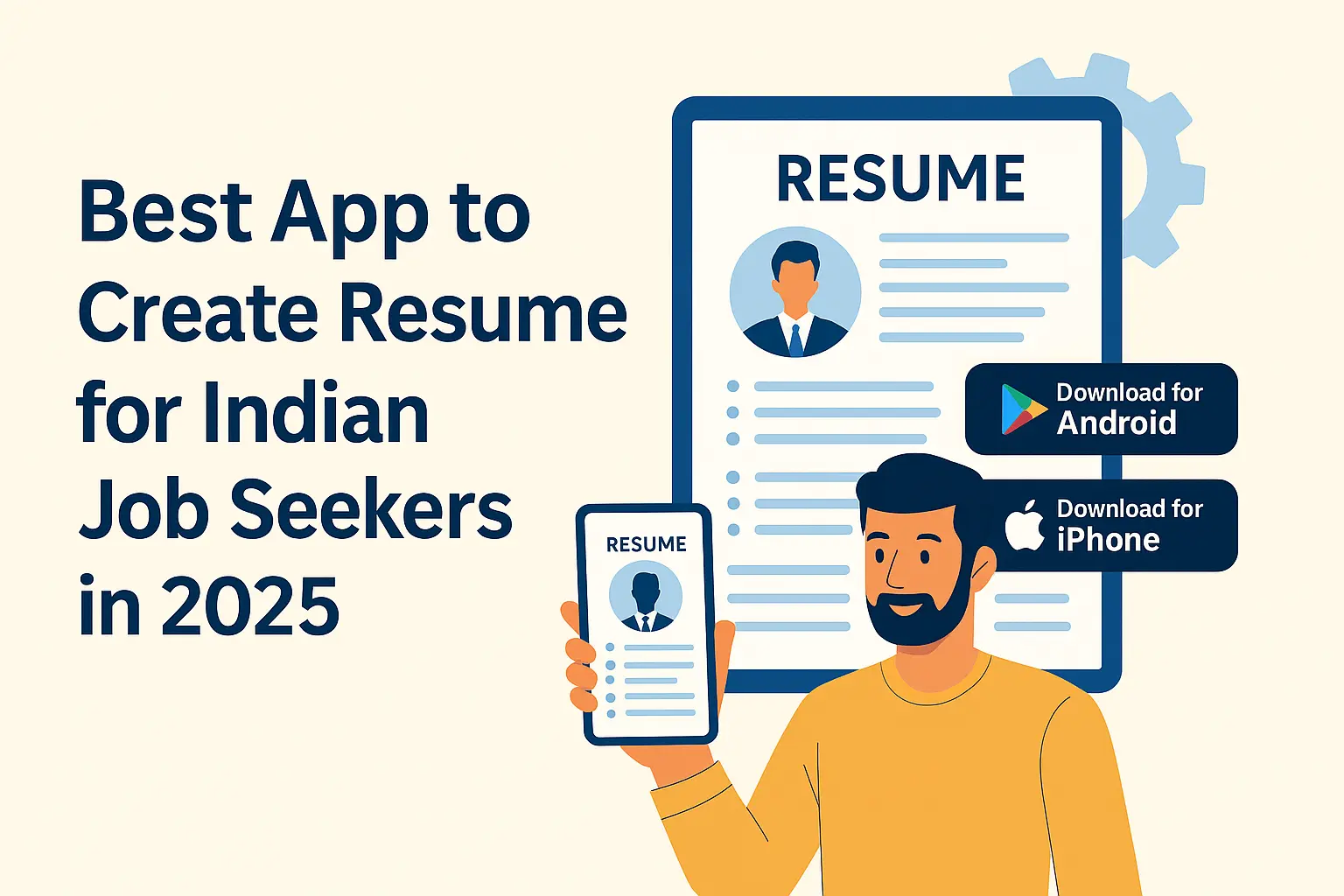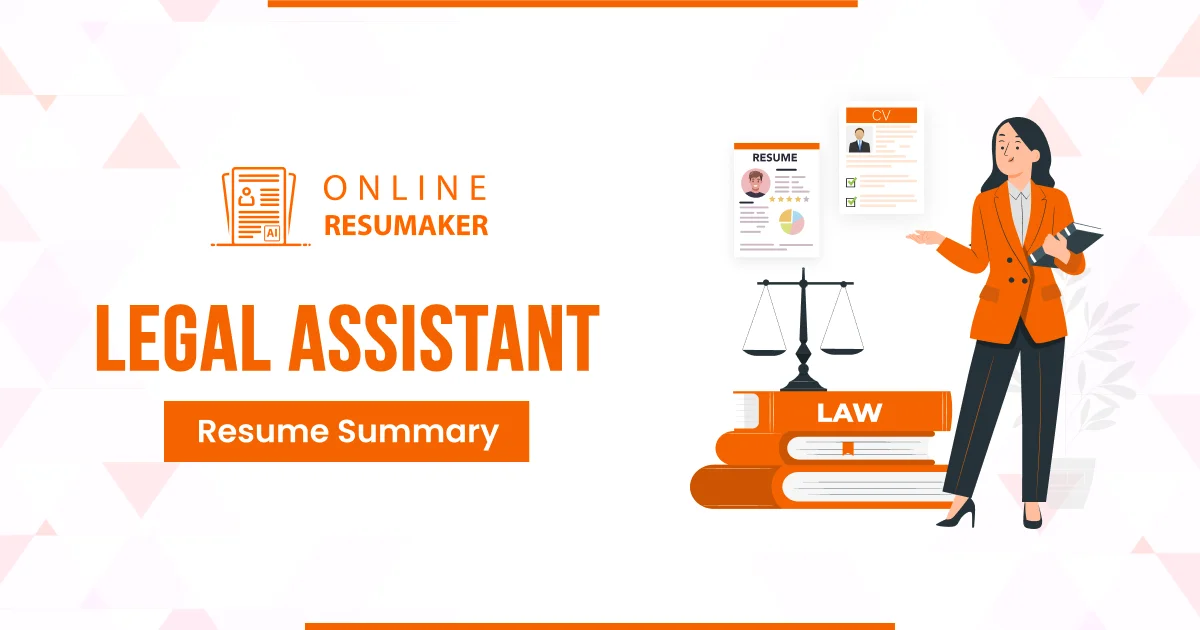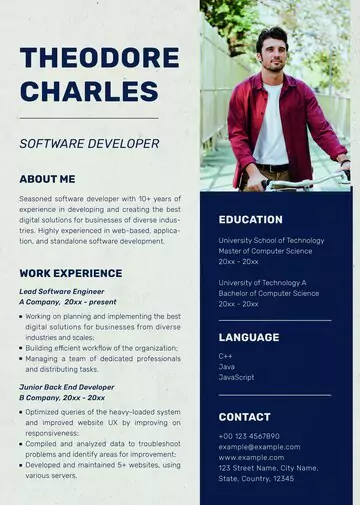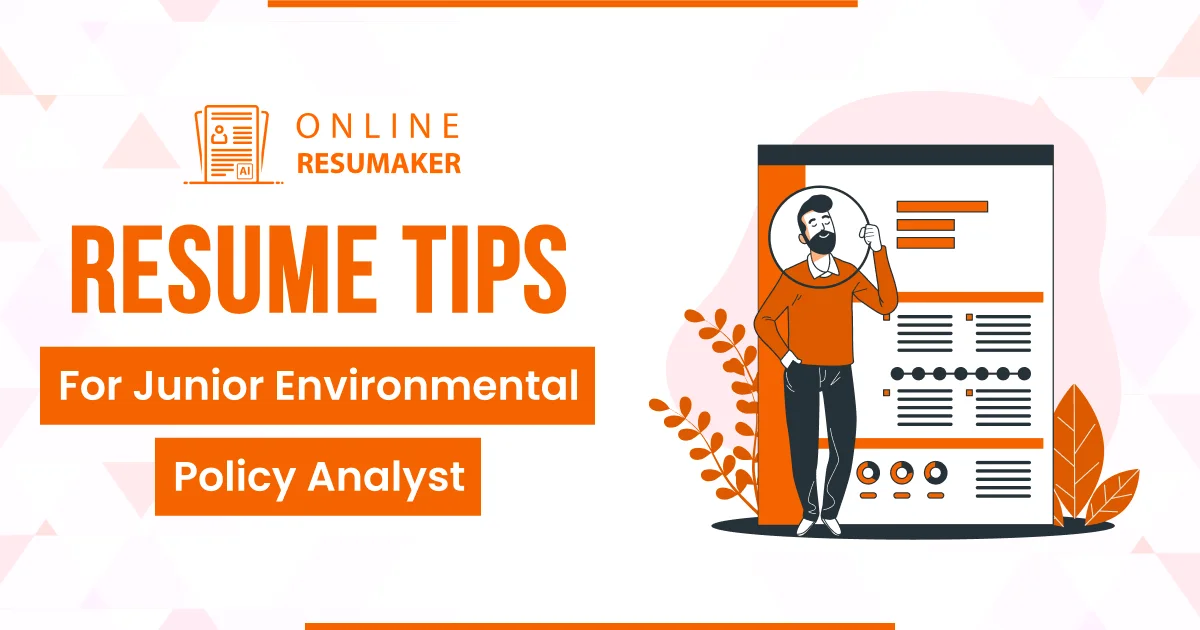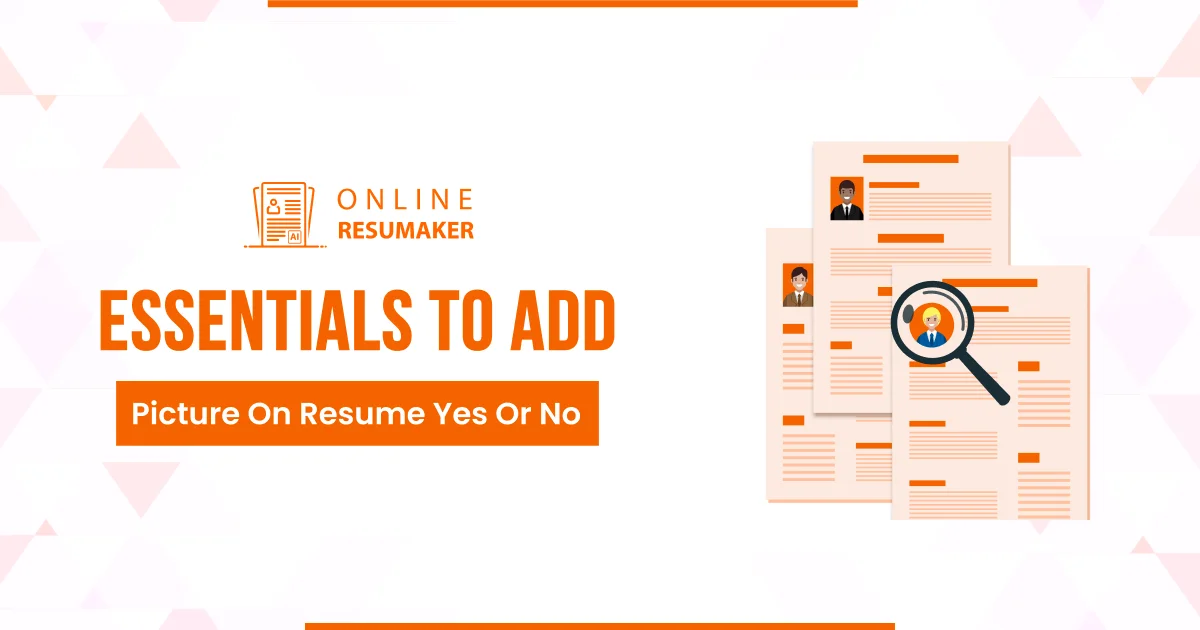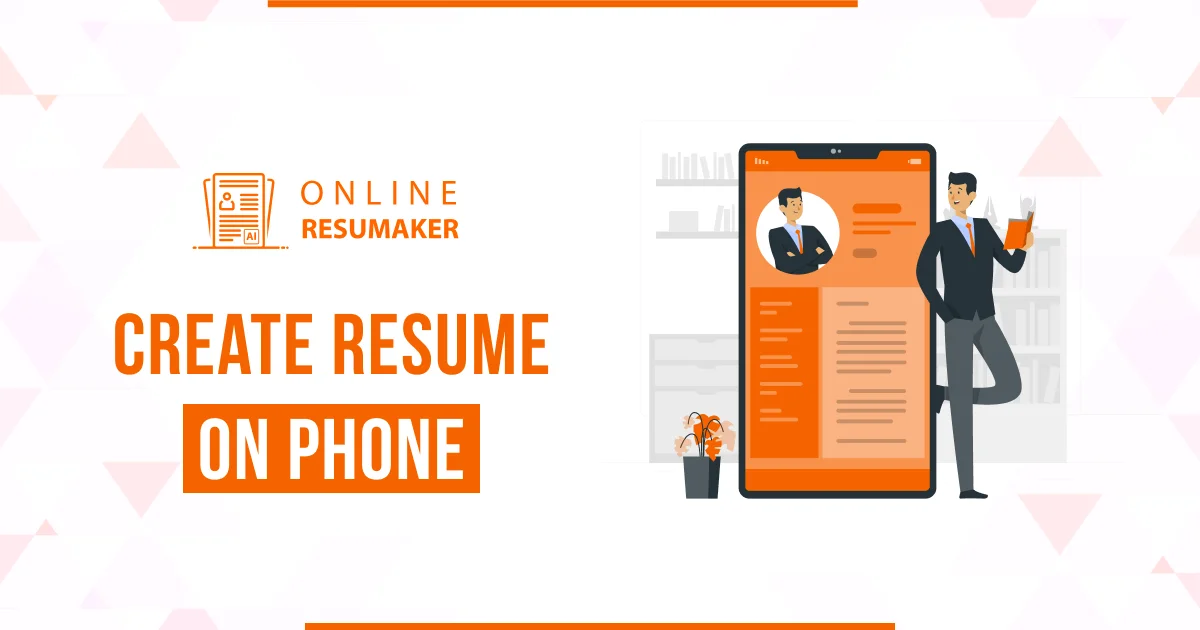
Charles Dickens
Career Expert
2023-12-07 17:47:11
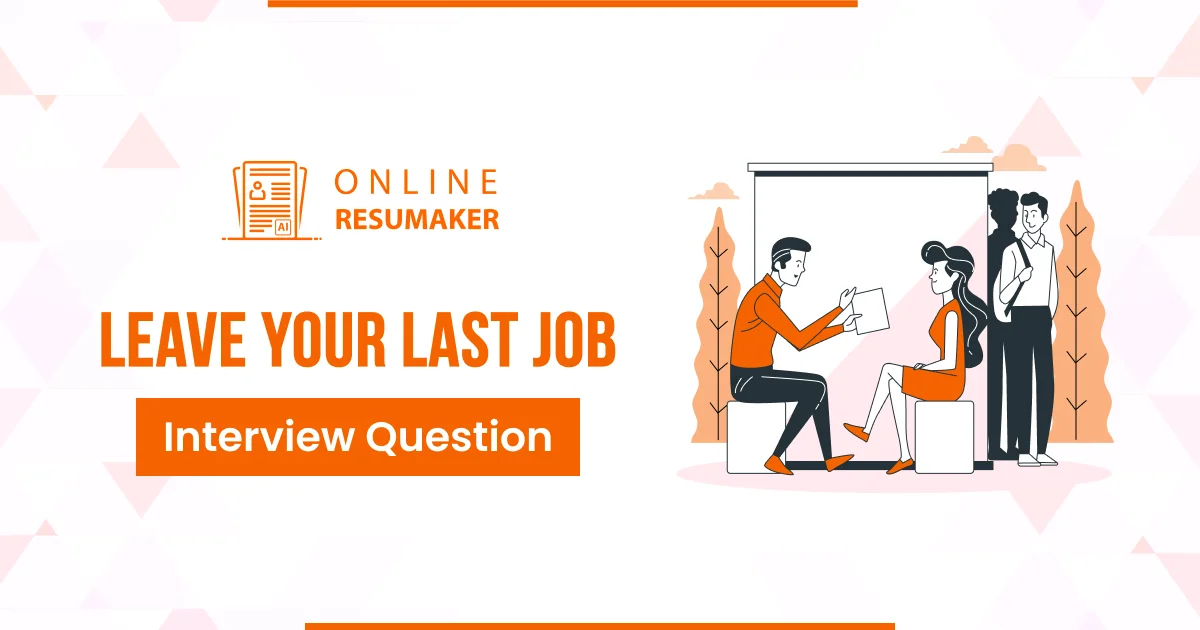
As your job interview goes well, you might face a crucial question that could impact your chances: "Why did you leave your last job?
Answering why you left your last job can be tricky. You want to be honest without diminishing your value. It's a delicate situation,
so be careful with your response.
Remember, interviewers can only verify your joining date and your last day at the previous organization.
When addressing this question, focus on being positive. You might mention below general points:
- Seeking New Challenges
- Growth Opportunities
- Better Alignment with your skills
- Interests New Role.
Emphasize your enthusiasm for the position you're interviewing for and how it fits into your career goals.
This way, you navigate the question while highlighting your strengths and eagerness for the new opportunity.
Why This Question Often Asked In Interview
Basically the interviewer asks this question to figure out whether taking you as an employee may result in any risks.
The main possibilities for these question is to inquire about:
First !
Even if you left your previous role on good terms- How committed you are with your work.
If you left because of performance problems, they might worry about:
Second!
How well you'll perform in their company.
If you've switched jobs a lot, they might question
Third!
Will you stick with them for the long term?
For all these above queries, your answer will help the interviewer to understand how professionally you are and how you've managed your career.
6 Common Reasons of Leaving a Job
#1 Seeking Professional Growth
Depending on your past experience you may share:
I wanted to grow in my career and handle more responsibilities. However, the small team and management style didn't give me the independence I was seeking.
#2 Learning for New Challenges
Seeking for more learning opportunities? You can share below valid point:
After X years with my last company, I needed a new challenge to develop my skills further. This role fits my expertise and offers opportunities for learning and growth.
#3 Career Change
Switching to a new field? You can mention the below reason in your resume regarding career change.
I discovered a passion for writing and decided to switch careers. Despite a different start after college, I'm excited about transitioning into writing, especially with [Company X].
#4 Job Loss
Fired! There is still a good way to share your concern. Check the below example.
I left my last job because it just wasn't the right match. My boss and I both agreed that it was time to part ways. Now, I'm excited to find a new role that aligns better with my skills and where I can make a real impact.."
#5 Layoff Due to Financial Struggles
New startups often have financial instability so result in downsizing. To address your downsizing experience in resume, you may mention the following below points.
The company had financial challenges, leading to job cuts, including mine. I gained valuable experience, formed strong bonds with colleagues, and now I'm looking for a new opportunity to contribute my skills.
#6 Family Commitments or Issues
Due to some unexpected moments in my way, I took a break and now I am eager to rejoin and ready to utilize my professional expertise.
Leaving my last job was a difficult decision and to pause my career and focus on family issues on a full time basis. During this break, I stayed updated on industry changes, refreshed skills in [X, Y, and Z], and now, I'm excited to return to work with renewed energy.
Tips To Handle These Question
Stay Positive
Talking about your previous job during an interview, try to focus on the good things. Don't say negative stuff about your old boss or colleagues as this may have a bad impact. Be positive and talk about the useful things you learned and the skills you gained.
Be Honest
Tell the truth about why you left. Instead of saying bad things about your old job, just say it wasn't the right fit anymore. If they want more details, stay calm and talk about what you're looking forward to in the new job.
Stick to the Facts
Keep it simple when talking about why you left. Talk about the things you did well in your old job and what you want to do in the future. Don't give too many details that might make you look bad.
Be Confident
If you left for good reasons, be confident when answering. Changing jobs is normal. Answer with confidence and be ready for the next question.
What Not To Mention
Disliking the Company
Instead of saying you don't like the company, focus on the positives and link it to your future goals.
For Example:
I've learned a lot and built strong relationships in my current job. However, I'm looking for a role with a mission that aligns more closely with my values. Your company's dedication to serving underrepresented communities is something I'm eager to contribute.
Wanting More Salary
Instead of emphasizing the need for higher pay, discuss broader motivations and the excitement for challenging work and rewards.
For Example
Compensation is important to me, and I look forward to selling a product I'm passionate about, exceeding targets, and celebrating achievements.
Feeling Bored at Work
Instead of saying you're bored, express a desire for more challenges and skill development opportunities.
For Example:
While I've gained valuable skills in communication and time management, I want to focus on honing my leadership and writing skills. This role offers more opportunities for that growth.
Disliking the Work Hours
If work hours are a concern, emphasize your dedication and effective time management skills:
I perform best with a balance between work and life. I value my commitments and plan my days efficiently. I'm seeking a company that values flexibility and allows me to manage my schedule responsibly.
About The Author

Charles Dickens
Career Expert
2023-12-07 17:47:11
Charles is an accomplished resume writer dedicated to shaping impactful career stories. With extensive experience, Charles specializes in unraveling individual professional journeys and highlighting unique strengths to align with specific career goals. Having assisted diverse job seekers across various career stages, Charles emphasizes the transformative impact of a precisely tailored resume.


